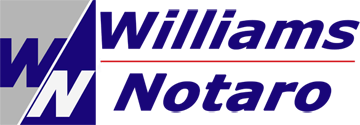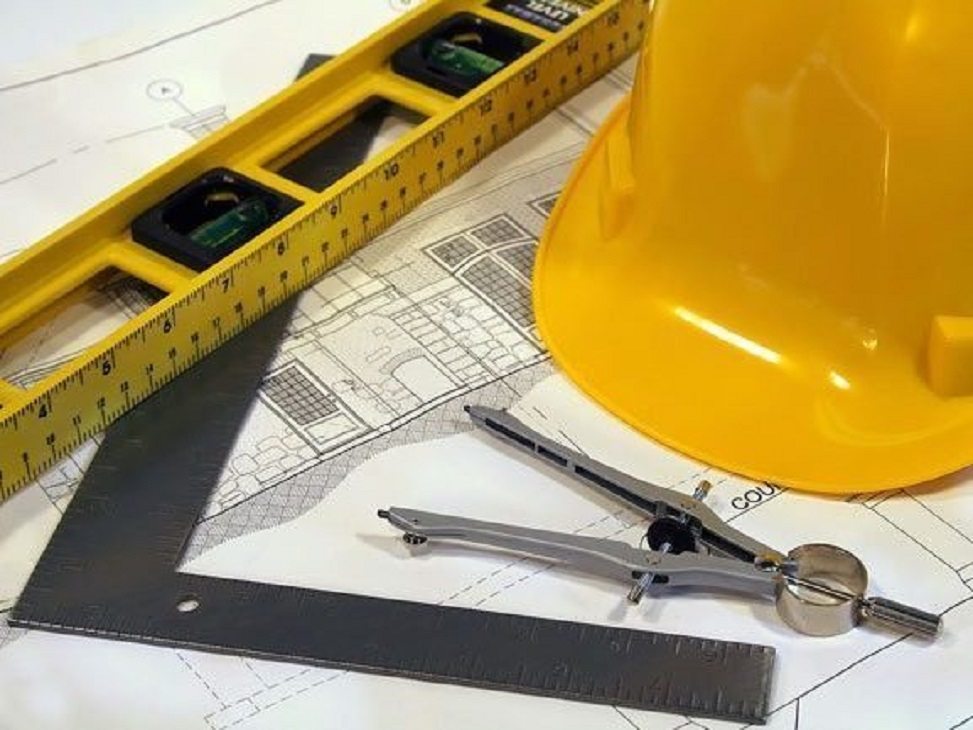The majority of the construction budget for renovations and infrastructure upgrades is usually associated with the mechanical, electrical and plumbing (MEP) systems. Therefore, the selection of the MEP Engineering firm should be an important consideration to ensure quality documents that satisfy the client’s technical and financial goals.
Engineering services are professional services and thus the services from each firm you consider will inevitably be different. Some will be able to offer new ideas, services, and assistance in areas where others may not. The challenge is to understand the level of service you will receive, and determine if it represents a good value for the fee you pay.
Insist on interviewing the MEP Engineer to ensure they provide the quality and value you are seeking. Use the following questions to determine if your potential MEP engineer is the right engineer for the project:
Who are the people that will be managing and designing the project and how involved will each of them be?
- Often the team you meet in the interview includes executives and marketing staff who may not perform any work on the project. Insist on discussing the project with the proposed Project Manager and Lead Engineers.
- Determine the roles of the firm’s Principals or senior staff. Insist on direct continuous senior level involvement, not just ‘supervision’.
- Ask the Project Manager if they will only administer the project or if they will also be the Lead Engineer for one of the MEP trades? A Project Manager that is also the lead engineer for one of the trades will be more knowledgeable about the details of the project, can provide better leadership, and will be more effective.
What is your quality management process?


- Almost everyone says they have a quality management program, but many firms simply recite typical marketing jargon, or consider a final drawing review to be quality management. Drawing review should only be one small component of quality management.
- Ask when and how quality management begins in the project process. Quality management should begin with the proposal and be a part of every step in the project design and construction process.
- Ask to see a written list of quality control procedures for each position in the firm. These should be readily available if there is a program in place, and cover all aspects of a project from proposal writing to close out.
- Ask when these procedures were established and how they are updated. The procedures should not necessarily be a polished list of tasks or a check list (check lists get stagnant and ignored). They should be a working document that is continually updated.
- Ask how often the entire firm meets to discuss quality and develop quality control procedures. For example, the entire staff of Williams Notaro meets 35 to 40 times per year, every year.
What do the contractors that build from your drawings say about your drawings and your firm?
- Be careful to obtain genuine comments from multiple contractors to avoid potentially exaggerated praise made solely to stay in good standing with the Engineer.
- Ask the contractors if they see any differences in the Engineers drawings compared to other Engineers, and specifically what the differences are.
- Ask for a list of MEP trade subcontractors that are familiar with the Engineer’s work and call them for a reference.
- You want to hear that contractors say the Engineer reviews the existing conditions and that the work can be built as designed.
What is the Engineer's history with repeat clients?
- Who are the Engineer's three top clients?
- How long they have been working for them?
- Are they the only Engineer that these three clients use?
- Do they have a term contract with each client?
- Ask for references to call.

Do you perform design phase site visits for every project? If so, what does the site visit entail?
- Engineers should check conditions above the ceiling even if as-built documents are available. If existing documents are found to be inaccurate, more extensive field verification should be performed.
- Engineers should verify that the references to the existing MEP conditions indicated on the architectural drawings (engineering package) are accurate? This is an easy quality management task that can prevent problems and should always be performed.
- An engineer from each trade should visit the site to review their respective systems.
Will everything that you include on the drawings be applicable to the project or will there be any “boiler plate” specifications, notes, or details?
- Many engineers add standard notes and details to the drawings that may not be completely applicable or may not apply at all. If there is work indicated that is not applicable, the contractor will not clearly understand what applies and what does not, and could assume something does not apply even though it does. This will result in confusion and improperly installed work.
What level of change orders is acceptable on a project?
- The answer to this question should be: “None”. Realistically no one is perfect and there may be circumstances that lead to change orders. However, at a minimum the Engineer should have an intense aversion for change orders. If they do not take this attitude, chances are they will not work hard enough to prevent them.
- Ask what measures the Engineer takes to reduce contractor change orders. There are many ways to reduce change orders including making sure the mechanical and electrical drawings are properly coordinated, requesting unit prices or alternate pricing for design issues that cannot be determined until construction begins, and performing detailed pre-design site visits.
How fast do you feel comfortable promising responses to phone calls and emails?
- 24 hours or sooner should be standard.
What is the average time it takes you to respond to contractor RFI’s and review submittals?
- RFI’s should be responded to within 24 hours unless additional information is required.
- Submittals should be reviewed within 5 days, but preferably 1-3 days.
Are construction administration (CA) services important? Why?


- Engineers do not always provide CA services because the work is tedious, the engineers have moved on to designing another project, and there is always pressure for quick responses and action. However, it is essential for a successful project and should always be included. The main function of CA services is to ensure communication between the design team and the contractors during construction. This communication, in various forms, is always required. Skipping this process will sacrifice quality and system performance, and could adversely affect cost. An engineer, and everyone associated with a project, should understand that it is not feasible to expect that complicated, custom MEP systems can be installed properly and perform properly solely from a set of two dimensional drawings.
- Ask the engineer what they will do when they see the contractor not following the drawings. The engineer should do more than just issue a punchlist or other field directive. When applicable, the Engineer should explain the reasons behind the design, listen to the contractors input, and build consensus with the contractor. This prevents the typical conflict between Engineer and Contractor.
The responses to these ten questions should provide a basis for determining the value provided by the Engineer. If you are interviewing Williams Notaro, we will be able to demonstrate our dedication to the principles above and also discuss other important criteria. If you are interviewing another firm, we are also glad to assist you in selecting the Design Team, or assist you generally in the capacity of Client’s MEP Technical Representative.

Ken has 31 years of electrical engineering design and management experience in the construction industry, focused on commercial and institutional facilities. He directs the Electrical Department and provides a high level of Principal involvement in our projects. Ken manages our in house processes, and is often at job sites investigating existing conditions or monitoring the construction progress for our clients.
Contact Ken Notaro at knotaro@wnainc.com or call 703-563-0381 x122 to discuss the interview process or to see how else we can provide support for your projects.

